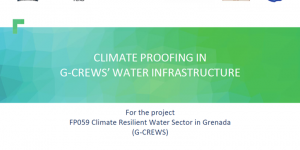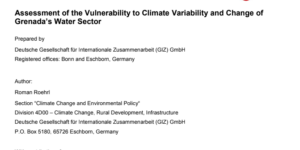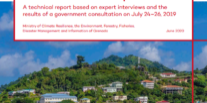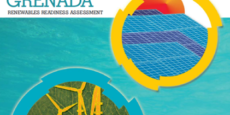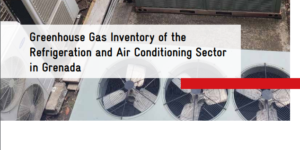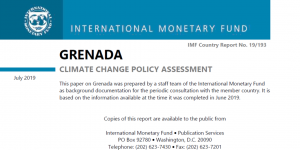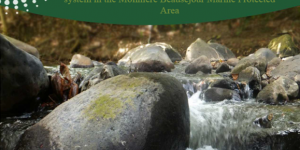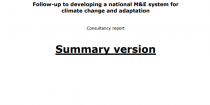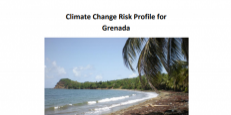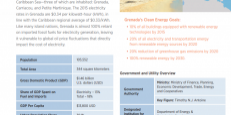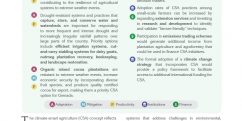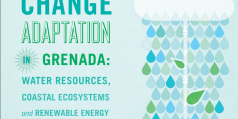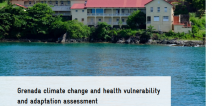Access: Official
Description
Every year, many millions of tonnes of litter end up in the world’s oceans, turning the sea into the world’s biggest refuse dump and generating a host of environmental, economic, health and aesthetic problems. Land-based sources account for up to 80% of marine litter and include tourism, sewage outflows, poor waste management and illegal landfills as well as a lack of public awareness. International approaches like the Honolulu Strategy target the reduction of marine litter, the conservation of biodiversity and increased resource efficiency. Plastic materials, especially plastic bottles and plastic bags, are among the most common items retrieved in marine litter monitoring programmes. Plastic is, after all, a very long-lasting material and is therefore a key pollutant. This project was launched by GIZ as part of its Concepts of Sustainable Waste Management sector project in order to contribute to reducing marine litter through the introduction of selected regulatory or economic instruments that promote the reduced use or reduced littering of relevant materials. Based on recent studies, as well as on discussions with partner countries, GIZ has decided to focus on reducing plastic bottle litter affecting the Caribbean islands of Cozumel (adjacent to and part of Mexico) and Gre

